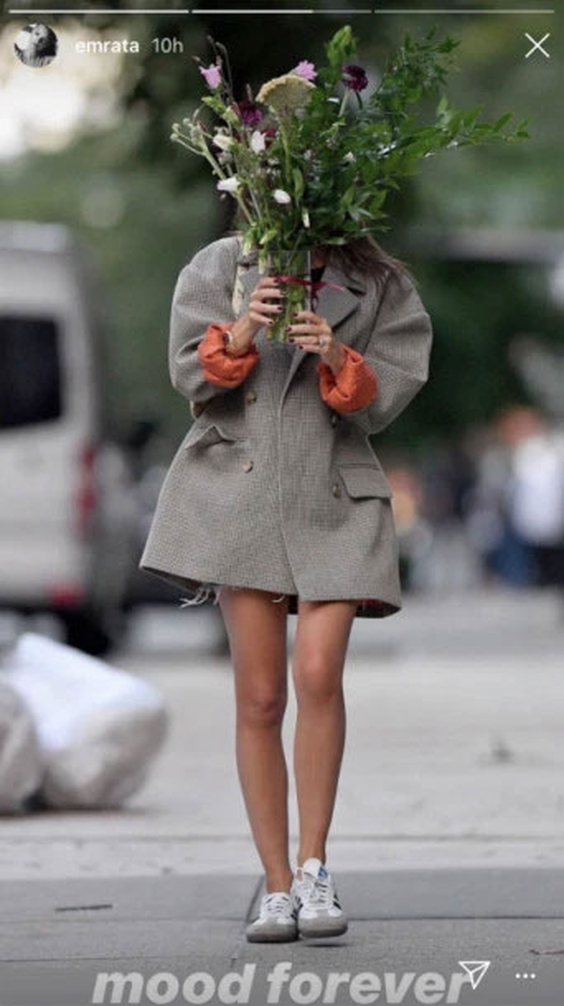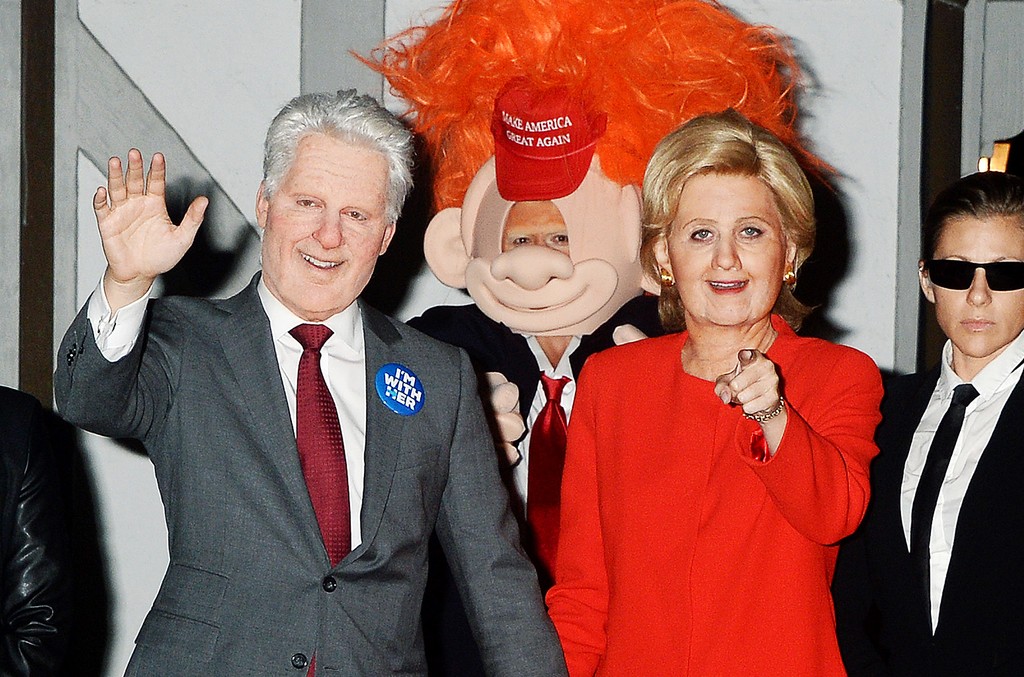
Did you know that there has been a spate of lawsuits filed against celebrities for using unlicensed photographs of themselves? It’s true. The list of defendants is a Who’s Who of social media, including Deshaun Watson, Justin Bieber, Emily Ratajkowski, Lebron James, Gigi Hadid, Katy Perry, Khloe Kardashian, and the list goes on.
With the rise of social media, particularly Instagram, there has been numerous instances of celebrities posting photographs of themselves without securing the proper license from the photographer. Some, perhaps many, celebrities are under the mistaken belief that because an image may depict them, they have a right to use it. Seems logical but it’s wrong. The belief violates a simple principle of copyright law – – the author of any work, unless there is a written agreement to the contrary, is the owner of all rights in copyright of that work. This includes photographs, the photographer being the “author.” See one of our many articles on the subject.
Paparazzi have seized the opportunity as another means of leveraging photographs for profit. It appears to work since many of these lawsuits are quickly settled. But for a few, application of this simple copyright doctrine maybe complicated by a number of factors: (1) the photographers — often paparazzi — stalk celebrities, take their photos without permission, and then troll the subjects for using the photos; (2) paparazzi may or may not earn significant income from those pictures; (3) celebrities post the images on social media causing the unlicensed photographs to be rapidly dispersed — and infringed — throughout the Internet; and (4) the celebrities themselves may earn significant income from unlicensed photographs through sponsored ads on social media platforms, such as Instagram.
As we mentioned, most of these cases are immediately settled, but a few have progressed towards trial. In those matters, defendants and their attorneys offer some interesting and novel defenses to copyright infringement. Here’s a taste. In Robert O’Neil vs. Emily Ratajkowski, Robert O’Neil, a professional photographer, sued model, Emily Ratajkowski, for copyright infringement for having posted the photograph appearing below on her website.

Defendant Ratajkowski moved to dismiss her case on several grounds: (1) because her head is obscured, the image lacks originality and is devoid of artistic content, (2) her use of the photo was “fair use”, (3) there is a lack of actual statutory damages because she cannot be identified in the photograph, and (4) the plaintiff should be sanctioned for bad faith litigation and defendant should be awarded attorneys fees. In other words, because plaintiff is a bad guy.
The most interesting of her arguments is that of “fair use,” which rests upon Ratajkowski’s adding the words “Mood Forever” to the bottom of the photo. Defendant’s contention is that the addition of those words transformed the meaning of the image to one in which she is “expressing that she will always feel that her privacy has been invaded by the paparazzi.” In other words, she transformed the meaning of the photograph from an exploitative snap shot to a comment on her dilemma vis-à-vis the paparazzi. Transforming an image for purposes of criticism has been held to be fair use in certain contexts. Keep in mind, fair use outcomes are rarely predictable. In another copyright infringement lawsuit, Backgrid USA v. Katherine Hudson, plaintiff brought suit against Katy Perry for posting the below image of Perry dressed as Hillary Clinton.

Perry moved to dismiss the lawsuit on similar grounds as those raised by Ratajkowski, including the fair use defense. Most interestingly, Perry asserts that the image, one of several similar photos owned by plaintiff, is not really of her
“Rather, the entire appeal and content of the snapshots are based on their unauthorized incorporation of the underlying artistic creations that make Defendant and her companions unrecognizable and instead appear as Bill and Hillary Clinton and a “Trump Troll”….Without such permission from the authors of the Prior Works, any licensing of the allegedly infringed snapshot or of the other eight snapshots in the Snapshot Deposit Series would infringe the copyrights to the Prior Works.”
The case eventually settled, but it demonstrates how creative lawyering plays a role in these kinds of cases. It also demonstrates that if the paparazzi hold their ground, eventually there will be a pay off.
For sure, this must be one of the hidden costs of being a celebrity ….
— Adam G. Garson, Esq.
*Originally posted on October 15, 2020

